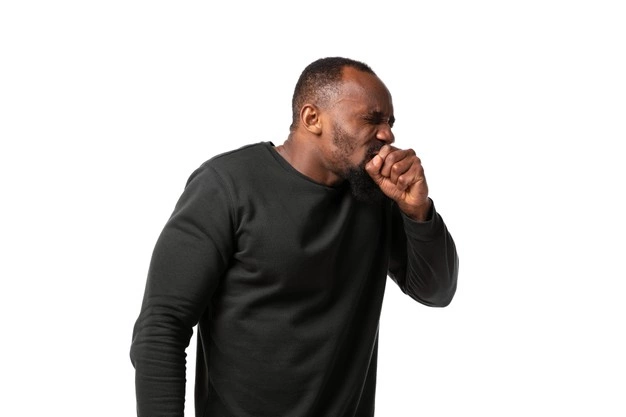
All about Pneumonia?
26/11/2022
According to WHO, Pneumonia is a form of acute respiratory infection that affects the lungs. The lungs are made up of small sacs called alveoli, which fill with air when a healthy person breathes. When an individual has pneumonia, the alveoli are filled with pus and fluid, which makes breathing painful and limits oxygen intake.
Transmission of pneumonia
Pneumonia is transmitted from one person to another through air-bone droplets from cough, sneezing, etc.
Causes of pneumonia
Contrary to popular belief that pneumonia is caused by overexposure to cold weather conditions, here are some causes of pneumonia:
- Bacteria: like Mycoplasma pneumoniae, Haemophilus influenzae, Legionella pneumophila, etc.
- Virus: like influenza, rhinoviruses, respiratory syncytial virus, etc.
- Fungus: like Pneumocystis jirovecii, Cryptococcus species, etc.
Types of Pneumonia
- Hospital-acquired pneumonia. This type of bacterial pneumonia is acquired during a hospital stay. It can be more serious than other types, as the bacteria involved may be more resistant to antibiotics.
- Community-acquired pneumonia. This refers to pneumonia that’s acquired outside of a medical or institutional setting.
- Ventilator-associated pneumonia. When people who are using a ventilator get pneumonia, it’s called VAP.
- Aspiration pneumonia. Inhaling bacteria into your lungs from food, drink, or saliva can cause this. It’s more likely to occur if you have a swallowing problem, or if you’re too sedated from the use of medications, alcohol, or other drugs.
- Walking pneumonia. This is a milder type because people with this type of pneumonia may not know they are infected.
Symptoms of Pneumonia
- Coughing that may produce mucus
- Fever
- Sweating and Chills
- Chest pain especially when breathing or coughing
- Shortness of Breathing
- feelings of tiredness or fatigue
- loss of appetite
- nausea or vomiting
- headaches
What puts you at risk of contracting pneumonia?
- People with a weak immune system
- Children below 2 years old
- Aged above 65 years old
- People with health conditions affecting lungs and heart
- People with neurological difficulties that make swallowing difficult
- People hospitalized
- People who are malnourished
- Heavy smokers and alcohol drinkers
- Pregnant women
- People exposed to toxic fumes, chemicals and second hand smoking
How can you tell it is pneumonia?
Knowing the symptoms is not enough to conclude that you have pneumonia. You have to visit a doctor. The doctor will perform some physical exams, get an x-ray done and also blood tests to determine the causative microorganism.
How to protect yourself and family from getting infected with pneumonia
- Proper hand hygiene
- Making sure to boost your immune system with the right food and also multivitamins
- Get vaccinated
How to treat pneumonia?
Pneumonia is usually self resolving, however if treatment is needed antibiotic medications are the treatment of choice for pneumonia caused by bacterial and fungal infections. The exact choice of medications depends on many factors, including the following:
- The patient’s underlying health condition
- The organism responsible for the infection
- The likelihood that the organism is resistant to certain antibiotics
You can not tell what causative agent of each pneumonia episode without the proper tests. It is also not advisable to take any medication not prescribed by your doctor as this may lead to drug resistance and abuse.

